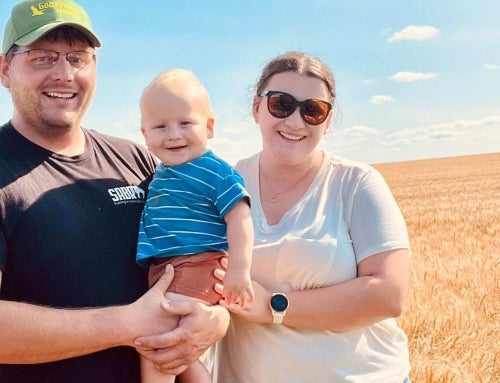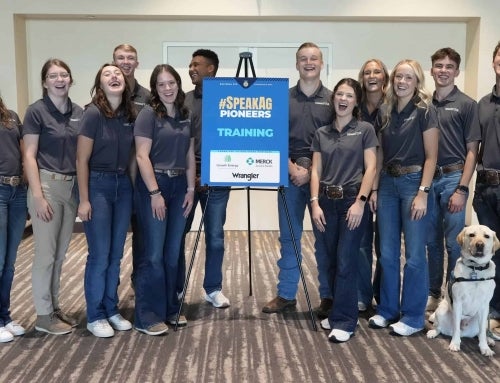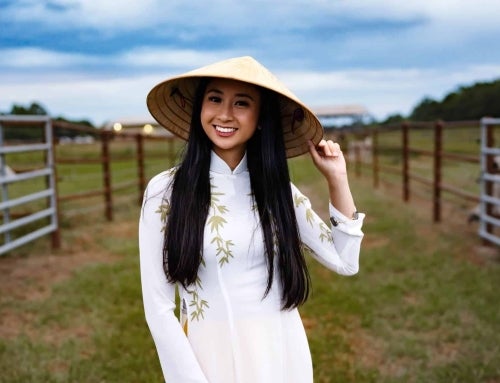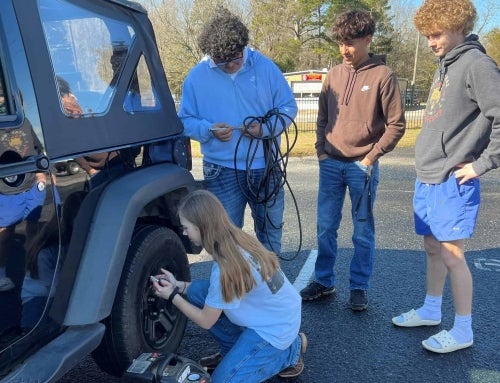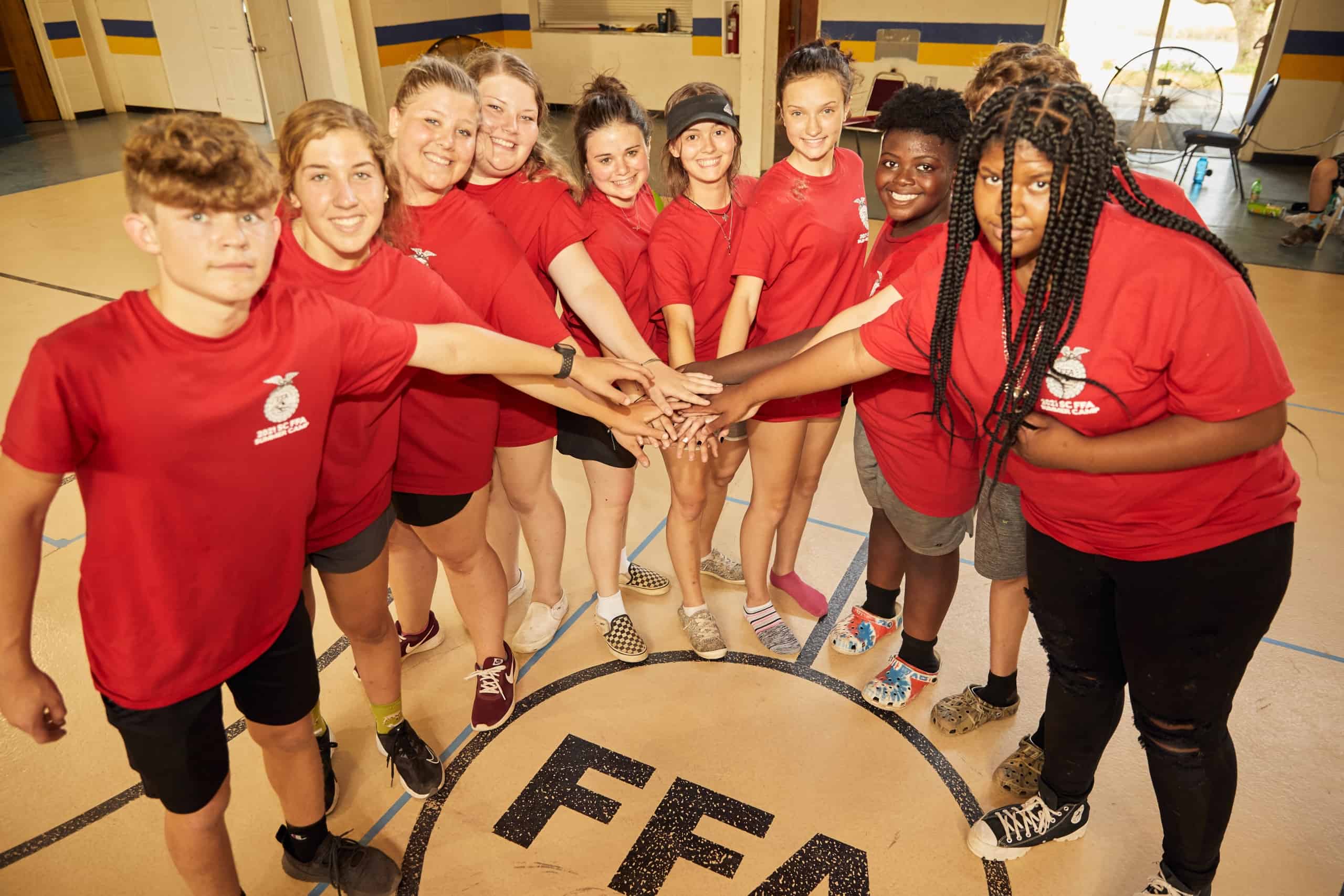
Resolutions are popular in January. It’s a time when we think about our goals for the new year and make plans to accomplish them.
If you’ve been involved in FFA for a while, you’re probably familiar with setting SMART goals — goals that are specific, measurable, achievable, realistic and timely. This year, turn your SMART goals into SMARTIE goals by adding elements of inclusion and equity.
Need ideas? Johane Domersant, John Deere’s global director of talent supply and diversity, equity and inclusion, shared some tips.
“The world is becoming increasingly interconnected,” Domersant says. “Over the course of your life and career, you will interact with people from all over the world. Learning to be empathetic towards others who don’t look or sound like you and who don’t have the same family dynamic or circumstances as you is really integral to becoming a citizen of the world. The ability to see people as they are and appreciate their beauty and uniqueness is critical to the growth and survival of our communities and our world.”
Here are Domersant’s three goal suggestions for the new year.
1. Amplify the voice of others. Look for opportunities to help people who are different be heard.
“Folks who are different may be reluctant to raise their hand or provide their opinion, and that tends to happen with those who can be the only ones in the room — those who are ethnically underrepresented and also gender underrepresented,” Domersant explains. “If they have something to say, having someone else say, ‘That’s a great idea, and I like that approach,’ gives them a huge boost of confidence and affirms the value they bring to the conversation.”
2. Foster a “speak-up” mindset. Don’t be afraid to speak up and stand up when something seems wrong.
“When people see something wrong taking place toward someone, they don’t always want to say something because it’s not their problem. It’s not happening to them,” Domersant says. “But when you see something wrong, say something. Go to a teacher or principal and say, ‘I saw this happen, and I don’t think it’s fair. I wanted to talk to you about it.’ Having that conversation helps build courage of conviction.”
3. Be curious about one another. Learn about and embrace the differences of those around you.
“I moved to the U.S. from the Caribbean when I was 15, and being exposed to different cultures at a young age shaped who I am today,” Domersant says. “When I look at people, I yearn to know more about them. When I hear an accent, I ask people to tell me about their life story. We have much to learn from one another. Being curious about one another builds a spirit of empathy, which makes for a better tomorrow.”


